10 Amazing Organisms That Live Incredibly Long
Not just long-livers, but super-centenarians. On our planet there live such creatures for whom even a century is not enough!
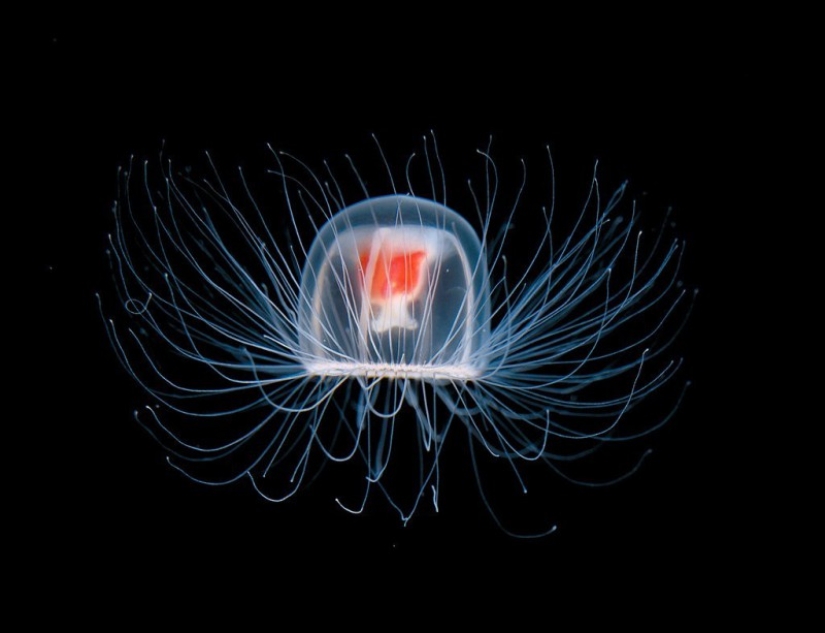
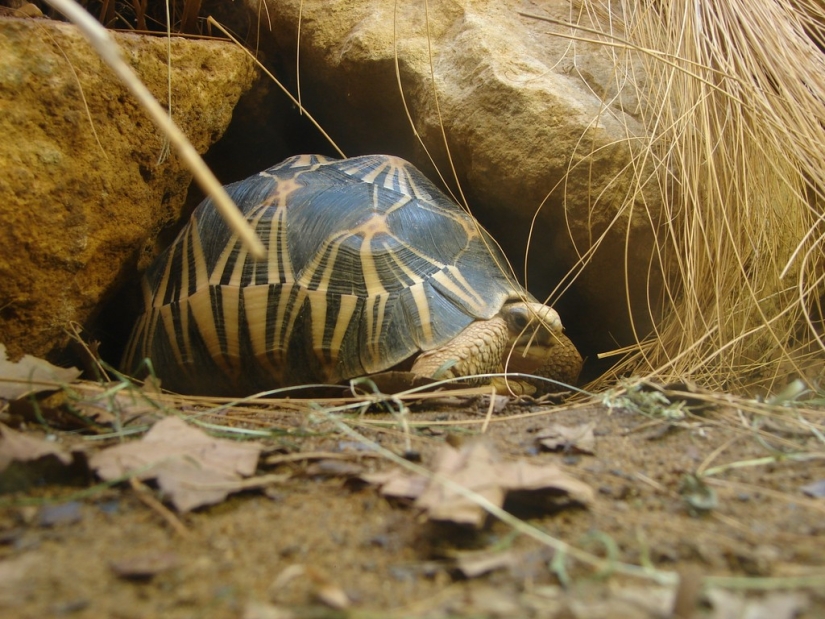


Radiated turtles hold the record for officially documented age among reptiles. The turtle Tui Malila, according to legend, given to the chief of the island of Tongo by Captain Cook, lived 188 years, dying in 1965. Radiated tortoises are found only in Madagascar and are critically endangered.
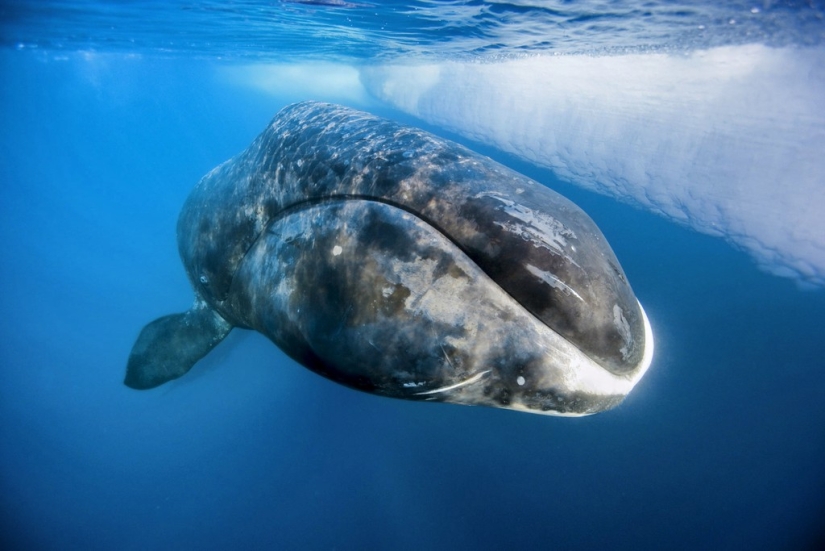
Bowhead whales were originally thought to live for about 70 years. But then harpoon tips from the early 19th century were discovered in the body of one of them! Other studies based on the study of amino acids in the eyes and teeth of whales have confirmed these data - bowhead whales can live more than 200 years, which makes them champions among mammals.
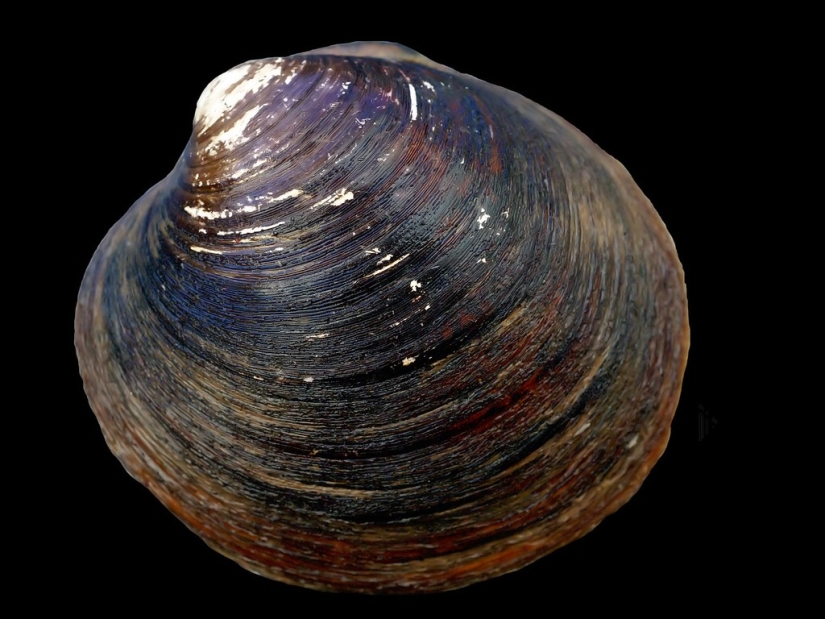
Arctica islandica mollusks look like ordinary shells. But appearances are deceiving - after counting the rings on the shell of mollusks, biologists found that they live over 300 years. The prize for longevity went to a mollusk named Ming - 507 years. This is an absolute record among organisms that do not live in colonies.
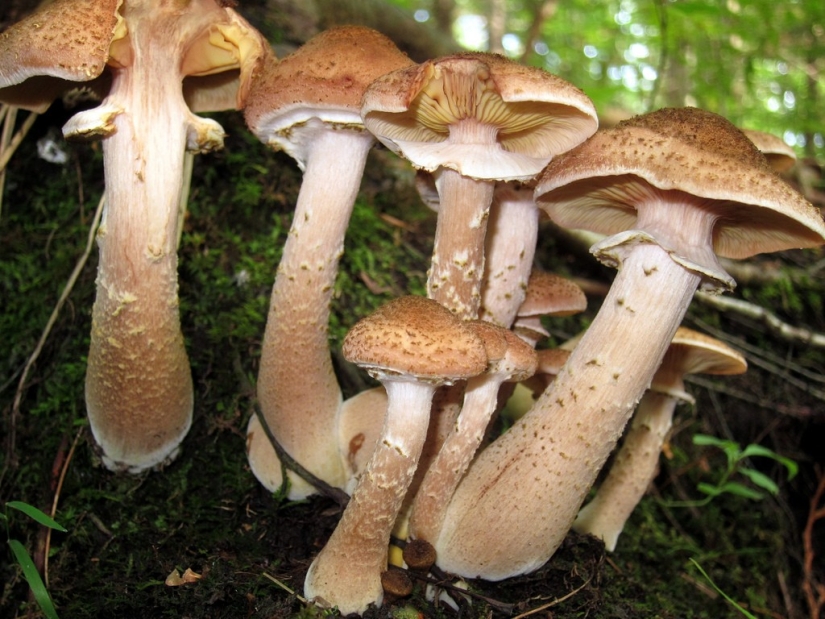
In 2003, the scientific community was stirred up by the discovery of a colony of the fungus Armillaria solidipes (dark honey fungus) over 2,400 years old. The mushroom is located underground, occupying about 5 square kilometers, and is considered one of the oldest inhabitants of the Earth.
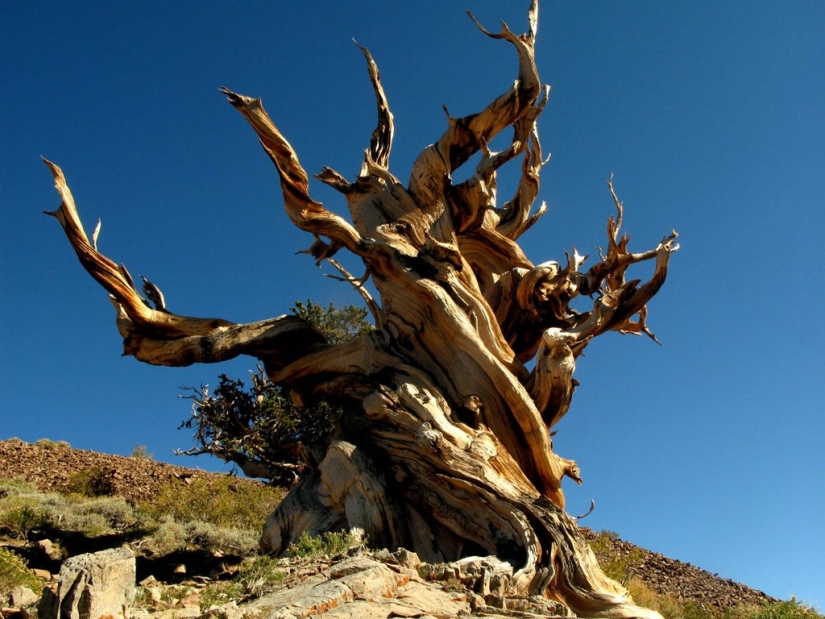
Intermontane bristlecone pine is a relatively small conifer that often bends at odd angles. Unpresentable appearance does not play any role, given the ability of these pines to live for millennia. The oldest tree discovered, named Methuselah, is 5,062 years old—in fact, it is the same age as many of our oldest civilizations.
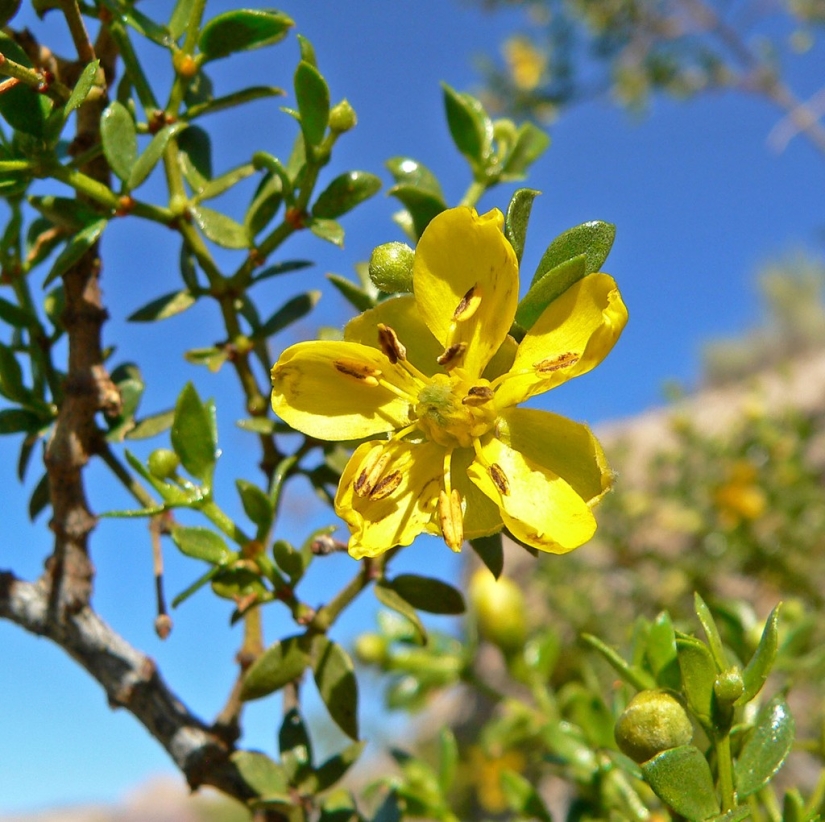
Larrea tridentata is a shrub whose leaves have medicinal properties. In 1970, Frank Vasek discovered that the ring-shaped bush in the Mojave Desert was a single organism—a so-called “clonal colony.” The branches of a bush can only live for a couple of hundred years, but the root system is almost eternal.
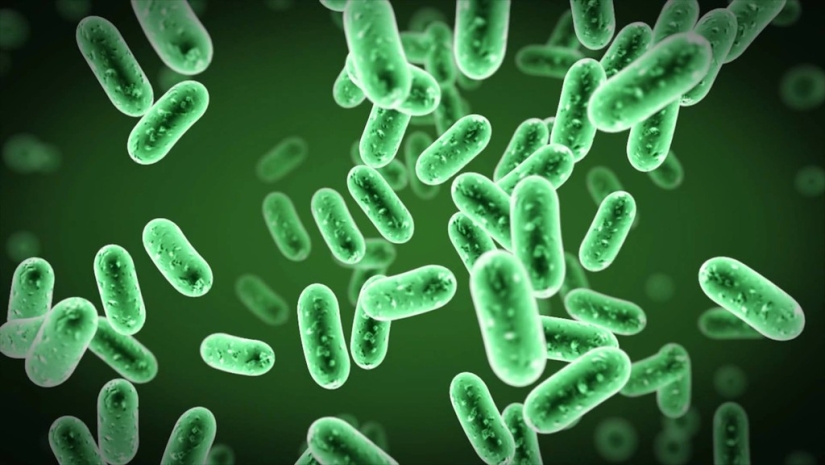
In the mid-1990s, a group of scientists announced that they had been able to revive a colony of bacteria extracted from 40-million-year-old bees entombed in amber. In 2000, the same thing was done with 250-million-year-old bacteria from salt crystals. These claims have yet to be verified. The officially confirmed age of the bacterial strain is still amazing - 34 thousand years.
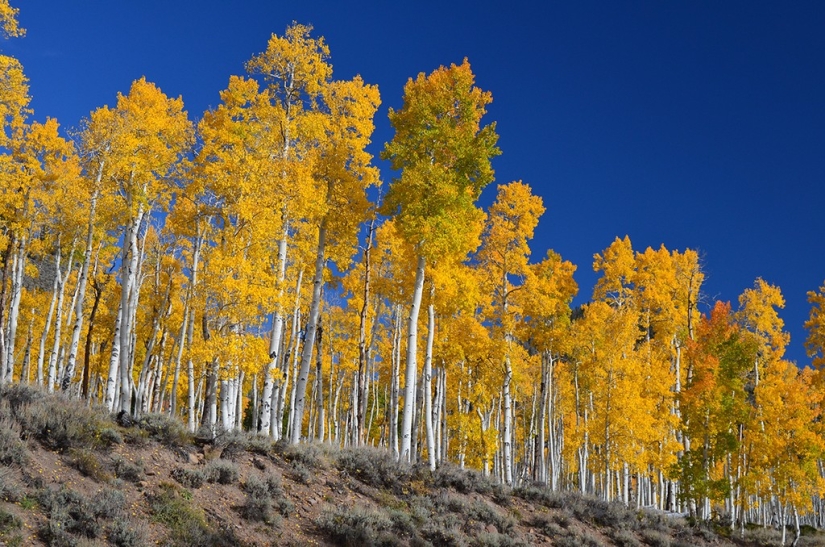
A colony of clones is the surest path to immortality, and the aspen poplar clearly realized this. Individual poplar trees live no more than 130 years, but a clonal colony known as Pando has been around for 80,000 years, constantly growing new “children.”
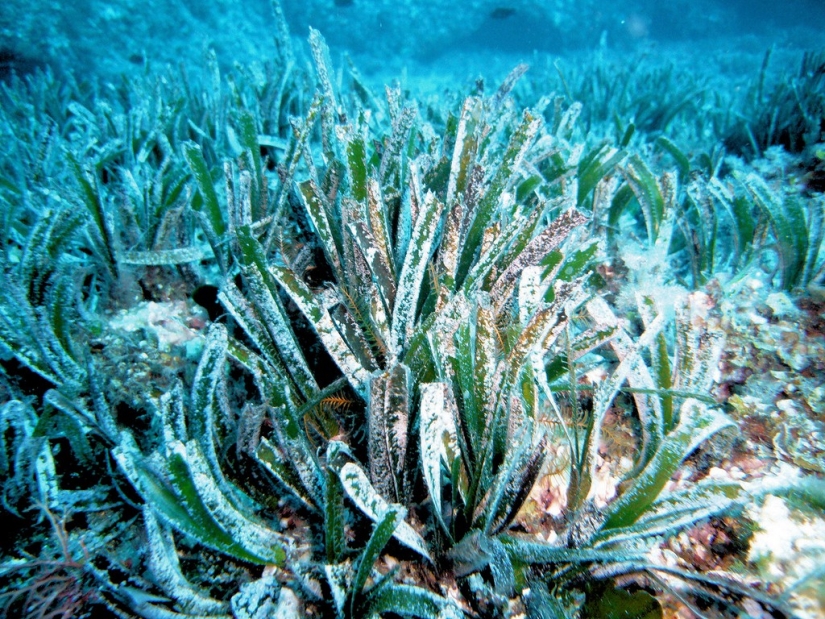
Posidonia is a plant from the genus of “sea grasses” that grow in the Mediterranean Sea. DNA samples taken from one of the species of posidonia - Posidonia oceanica - showed that a plant colony can live from 100 to 200 thousand years. The existence of this centenarian is seriously threatened by global warming and development of the seashores.
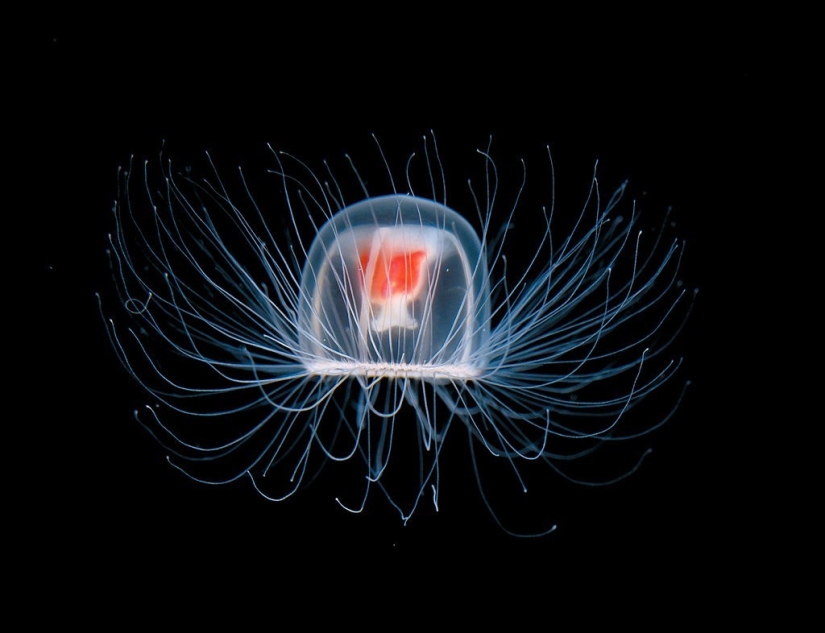
Many jellyfish start out as nonmotile polyps, but Turritopsis is the only one capable of reverting. If they are threatened with death, including from illness or old age, Turritopsis simply return to the polyp stage, budding off new clones.
And this cycle can go on forever.
Recent articles

It's high time to admit that this whole hipster idea has gone too far. The concept has become so popular that even restaurants have ...

There is a perception that people only use 10% of their brain potential. But the heroes of our review, apparently, found a way to ...

New Year's is a time to surprise and delight loved ones not only with gifts but also with a unique presentation of the holiday ...